
Addressing Four Common Concerns Parents Have About Cross-Cultural Ministry
Concern 1: It’s not safe.
It’s normal and good for parents to be concerned about their children’s safety, no matter how old or independent their sons and daughters become. Before you address this concern, stop to acknowledge and express your appreciation for your parents’ care for you, even if you feel it’s holding you back.
Our perceptions of what’s safe and what’s not are often shaped by what we’re accustomed to. We often assume that a setting or situation that’s familiar poses fewer or lesser dangers than one that’s unfamiliar. But that’s not always the case. For example, a Christar worker in the Middle East shares that he feels safer in the Middle Eastern community where he serves than he does in his hometown in the United States.
That said, there are aspects of living in certain cultures that are valid causes for concern. This is especially true for women, who may be subject to restrictions on freedoms that are assumed in Western cultures and face greater risk of assault. In some places, the risk truly is greater. But being aware of these threats and prepared to face them can greatly improve your personal safety.
Talk to your parents openly about the risks, how you’d seek to live wisely amid them and how the organization you’re considering prepares you for these challenges. For instance, before leaving for the field, all Christar workers complete training that gives them an awareness of the potential dangers they face and equips them to minimize these risks. In addition, each Christar team follows a safety protocol that’s tailored to their location and roles.
Helping your parents understand the risks you’re likely to face and the ways you’d prepare to respond might not erase their fears. But it can give them a more nuanced picture of what your life on the field would be like and the safety measures you and your team would take.
Concern #2: I’ll never see my son or daughter again.
For many parents, the idea that their son or daughter will live on the other side of the world is devastating. And, if they’ve dreamed of the time they’d spend with your children, they may be grappling not only with your potential absence but with fear that they won’t get to know their grandkids.
But in many cases, workers are able to connect with their extended families much more often and more closely than their loved ones might expect. Technology makes it possible to see and talk to family members across an ocean, and the vast majority of cross-cultural workers live in places with regular internet access.
In addition, many workers return to visit their families in between furloughs (home assignments) and see their families in person more than just once every four or five years. And, when they do come back, they’re typically able to spend extended time with their loved ones in ways that many adults can’t.
That said, being far away from family can still be difficult, especially for those who are left behind. In addition to sharing how you plan to stay in touch, have compassion for your parents. Acknowledge the loss they’d face when you move overseas, and thank them for their desire to be involved in your life. And look for ways to establish rhythms of connection that you can continue when you’re on the field.
Concern #3: That degree will be wasted.
There’s no guarantee that you’ll find a job in your desired field or utilize your degree just because you remain stateside. Likewise, moving overseas and pursuing missions doesn’t require that you set aside your education for the sake of service. In fact, the knowledge and skills you gained in college or the workplace might open unique avenues for ministry.
But, to parents who have invested money in your degree and supported you throughout your education, forgoing a more traditional career path might seem like a waste of effort and resources. Before you address this concern directly, be sure to express your gratitude for the ways they’ve helped to make your college experience possible.
Then, share with your parents how you anticipate you could apply your skills in cross-cultural ministry. If you know someone who’s using a similar skill set on the field, tell your mom and dad about that person’s experience or even ask that person if he or she would be willing to talk to them directly.
Concern #4: My child will live in poverty.
A long-held misconception paints cross-cultural workers as dirt-poor, begging for money and wearing the hand-me-downs that no one else wanted. But this stereotype doesn’t accurately reflect reality for the majority of those who pursue full-time missions.
Ministry among the least-reached might not be lucrative, but it’s not a one-way path to poverty, either. Many Americans who serve overseas have more disposable income than they had in the United States. They often have access to high-quality, affordable healthcare, as well as enjoy perks such as cultural experiences that would be major splurges for individuals living stateside.
In addition, those who go with an agency typically have insurance and investment benefits. Christar for example requires that all workers raise funds to cover their health insurance and retirement.
Explaining these things may help your parents see that you’re considering your needs and that you’re looking into an organization that cares about your financial well-being now and in the future. In addition, if you know a cross-cultural worker who would be willing to share about his or her experience with money on the field, it could be beneficial to connect your parents with that person.
For each of these concerns, it’s also helpful to keep in mind that pursuing a career in the U.S. doesn’t guarantee wealth, safety or comfort. God is the provider for those who stay and those who go, and we’re called to trust Him in both scenarios.
We’d love to come alongside you in every aspect of your journey, including addressing your parents’ concerns about cross-cultural ministry. Just email [email protected] to connect with us.


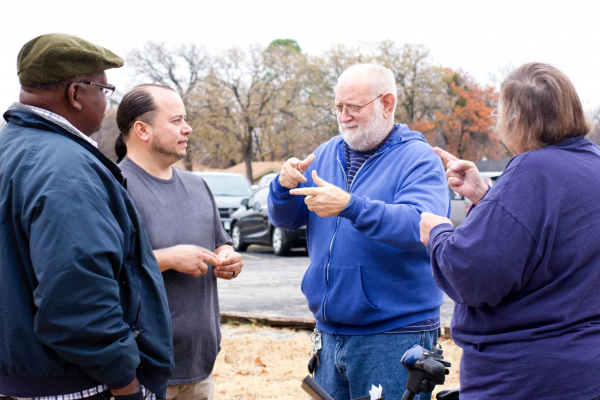


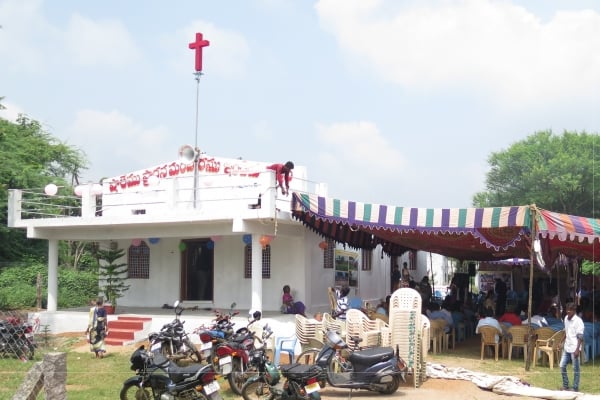






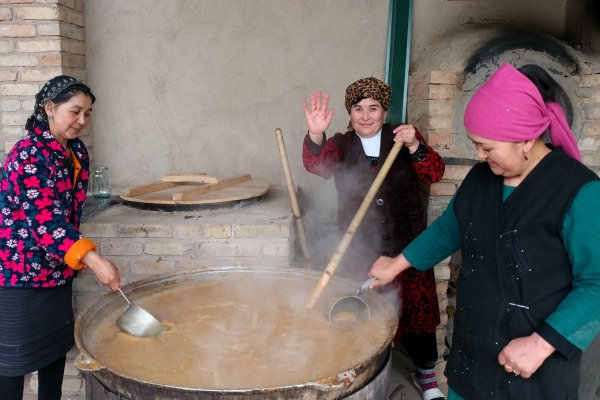




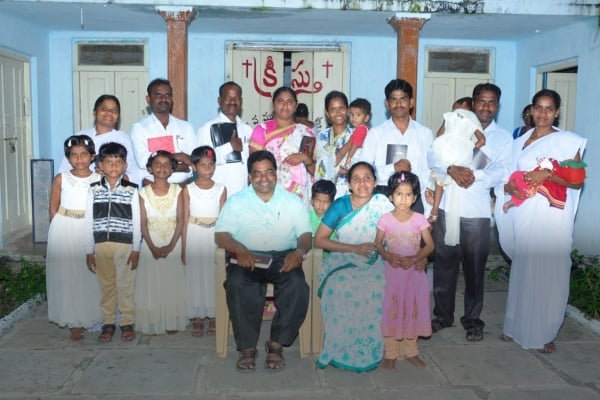


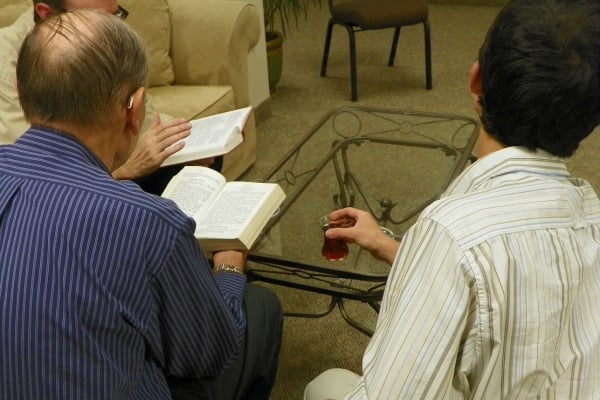
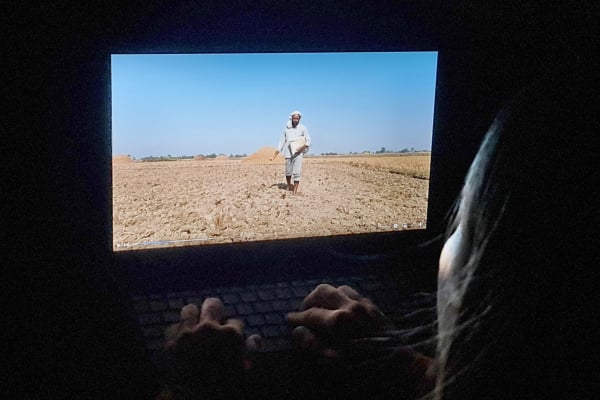












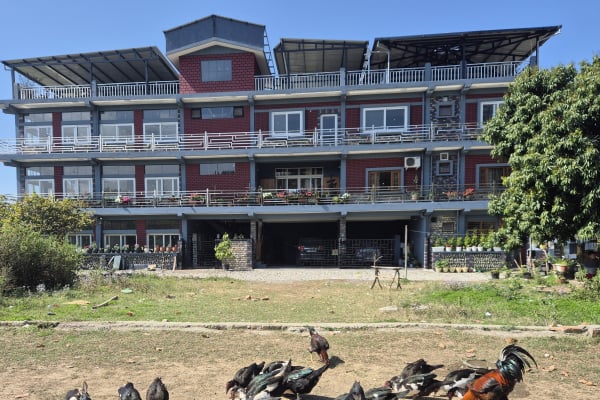






_1724957011_600x400.png)
